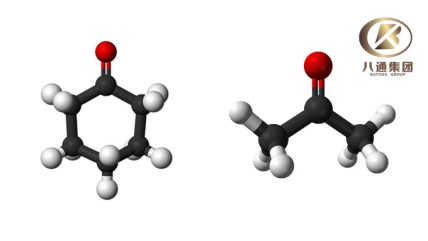Toluene is a colorless, water-insoluble liquid with a smell associated with paint thinners. It is a mono-substituted benzene derivative, which is produced during the process of making gasoline and other fuels from crude oil and coke from coal.
While toluene naturally occurs in crude oil and the tolu tree, it can also be produced in laboratories. However, prolonged or excessive exposure to toluene can result in several deleterious health effects:

- Central Nervous System Disruption: Toluene can affect the central nervous system. Symptoms can include fatigue, sleepiness, headaches, and nausea. In severe cases, it can cause unconsciousness.
- Respiratory Problems: Inhaling high levels of toluene in a short time may cause light-headedness, nausea, or unconsciousness. Long-term inhalation exposure can lead to respiratory complications such as throat and lung irritation.
- Skin and Eye Irritation: Toluene can cause dryness or cracking of skin, and it can severely irritate the eyes on contact.
- Kidney and Liver Damage: Chronic exposure to toluene can harm the kidneys and liver, leading to organ damage.
- Developmental Effects: Pregnant women exposed to high levels of toluene may see developmental effects in their children, such as cognitive impairment and growth retardation.
It's important to use toluene in a well-ventilated area and avoid skin and eye contact. If you're exposed to toluene at work, follow your employer's safety instructions to protect yourself.














